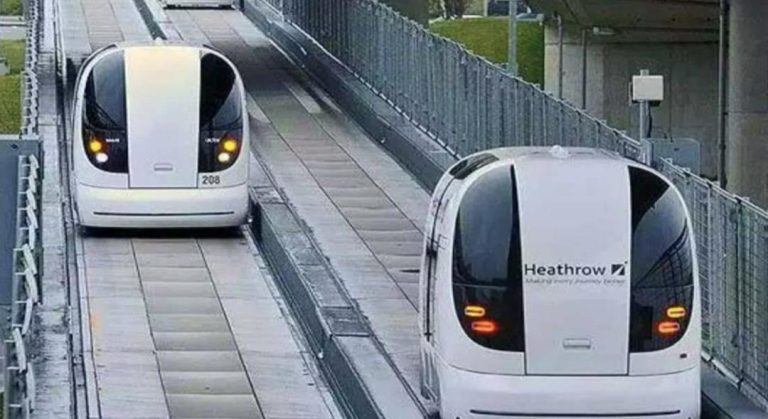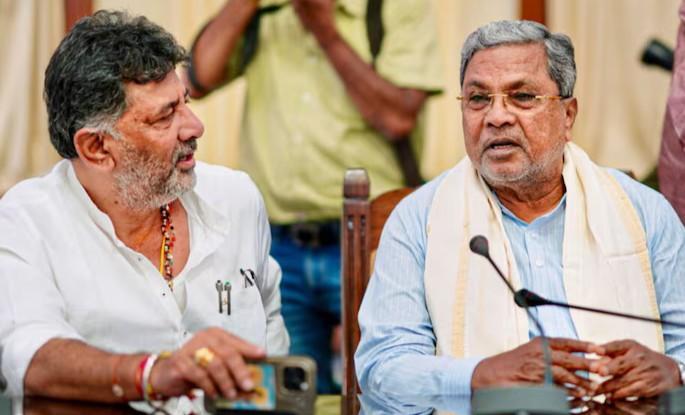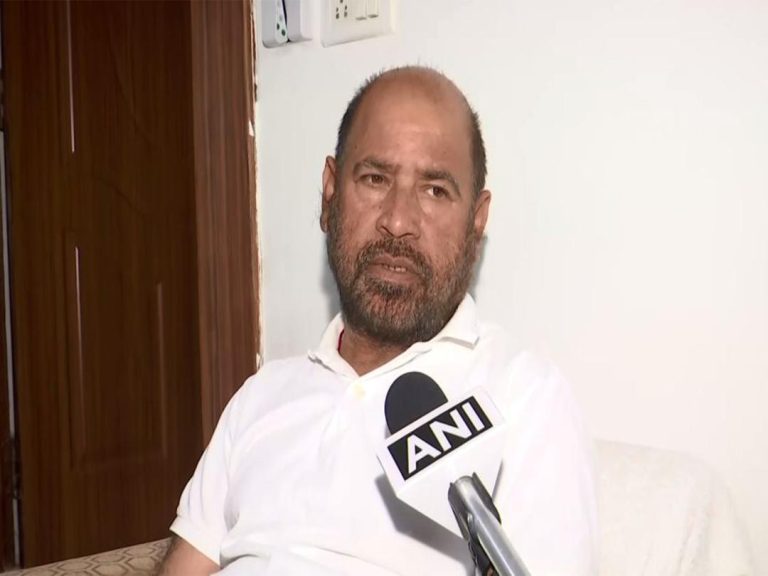
Title: IITian CEO claims 1,000 applicants failed coding task, says ‘India has big talent issue’
The Indian IT industry has long been touted as a hub for talent and innovation, attracting top-notch engineers and developers from around the world. However, a recent revelation by a Bengaluru-based AI startup CEO has shed light on the worrying trend of a lack of talent in the country. Umesh Kumar, the CEO of Runable, an AI startup based in Bengaluru, recently claimed that out of 1,000 applicants for a job offering a salary of ₹50 lakh per annum (approximately $67,000), a staggering number failed to deliver even a basic coding task.
Kumar, an IITian himself, was left astonished and frustrated by the submissions he received. In an interview, he expressed his disappointment, stating, “F**k running code, libraries needed for code to work are even missing…At this pay…expecting code that actually runs is justified.” He further added, “India seriously has a big f*****g talent problem.”
The story was first reported by Hindustan Times, a leading news publication in India. According to the report, Kumar had posted a basic coding task on his company’s website, expecting applicants to demonstrate their skills in a simple programming language. However, the response he received was far from impressive.
The task, which was designed to test the applicants’ problem-solving skills, required them to write a simple program to solve a common problem. Surprisingly, only a handful of applicants managed to submit working code, while the rest failed to even submit a functional program.
Kumar’s comments have sparked a heated debate about the quality of talent in India. While some have dismissed his claims as an isolated incident, others have echoed his concerns about the lack of skilled professionals in the industry. The issue has also raised questions about the quality of education and training provided in Indian institutions.
The Indian IT industry has long been reliant on foreign talent, with many companies hiring professionals from countries like the United States, Canada, and Europe. However, this trend has been changing in recent years, with the Indian government making significant efforts to promote domestic talent.
In recent years, the Indian government has launched several initiatives aimed at promoting innovation and entrepreneurship in the country. Programs like Startup India and Make in India have been designed to encourage young entrepreneurs to start their own ventures, creating jobs and driving economic growth.
However, despite these efforts, the reality remains that India still faces a significant shortage of skilled professionals in the IT industry. The lack of talent is not limited to coding skills alone but also extends to other areas like data science, artificial intelligence, and cybersecurity.
The root cause of this problem is complex and multifaceted. While some have attributed it to a lack of quality education and training, others have pointed to the country’s rigid education system, which often prioritizes theoretical knowledge over practical skills.
The issue is further exacerbated by the fact that many Indian students opt for higher education in foreign institutions, leaving a significant gap in the domestic talent pool. This trend has been fueled by the increasing popularity of study abroad programs, which offer students a chance to gain international exposure and compete for better job opportunities.
The consequences of this talent shortage are far-reaching. Companies are forced to compromise on quality, settling for mediocre candidates who may not possess the necessary skills to drive innovation and growth. This can have a negative impact on the overall performance of the company, leading to decreased productivity and competitiveness.
Furthermore, the lack of talent can also have a demotivating effect on existing employees, who may feel undervalued and underutilized. This can lead to a brain drain, as talented professionals seek better opportunities elsewhere.
In conclusion, Umesh Kumar’s comments have shed light on the worrying trend of a lack of talent in India. While the government and industry leaders have made efforts to address this issue, more needs to be done to promote innovation and entrepreneurship in the country. It is essential to revamp the education system, focusing on practical skills and hands-on training. Additionally, initiatives aimed at promoting domestic talent, such as Startup India and Make in India, should be further strengthened to create a more level playing field.






